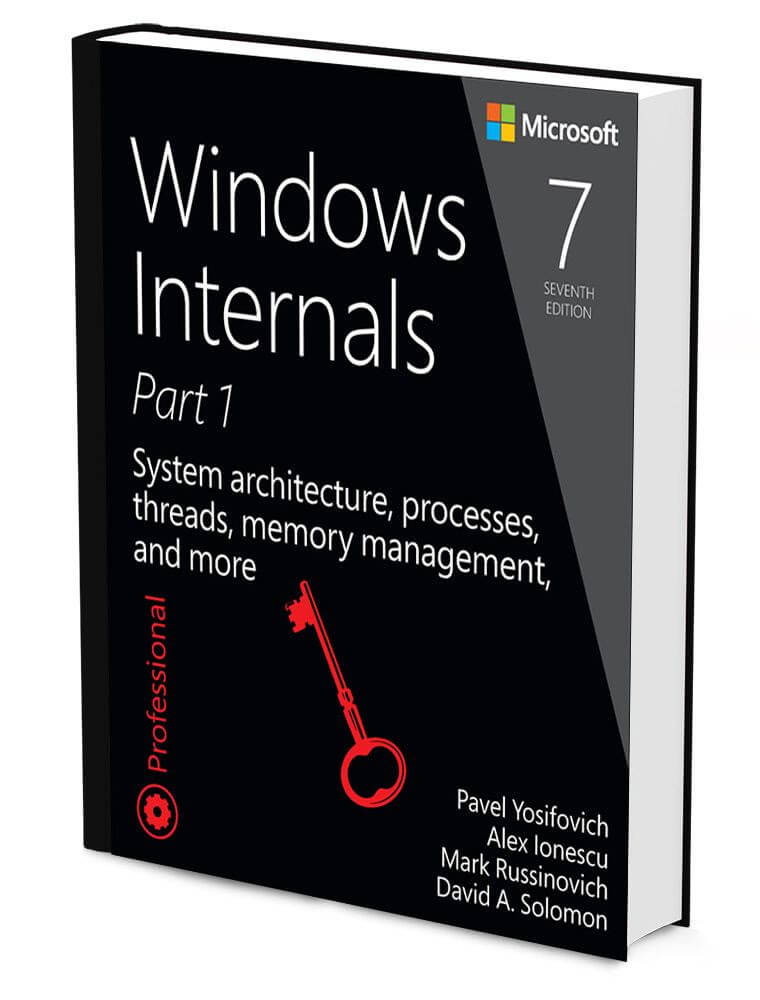How to begin a career in cybersecurity? In this article CQURE CEO and founder, Paula Januszkiewicz, reveals how she broke into the industry and shares some tips on how you can make your own jump-start.
The cybersecurity sector is expanding rapidly fuelled by a growth in demand from businesses who want online protection. As a result, we are seeing more vacancies open up across the industry for technical roles like system administrators and pen-testers, and also for non-technical roles such as policy makers, and managers. Whoop!
It’s really good news as it means a glittering career in cybersecurity that takes you all over the world could be yours for the taking. [Just remember to pack your waterproof electronics organiser, power bank, multi-port USB wall charger, international power adaptor, and a mobile WiFi Router. #GeekLife]
We caught up with some of the crew at CQURE to find out how they got their start in the industry and what they reckon it takes to succeed in the world of cybersecurity, starting with our very own Paula J.
According to Paula, it’s all about having the right mindset, skills, and knowledge. Read on for her key recommendation, and also for a unique insight into what is it like to grow up as a geek!
“Hi, this I Paula Januszkiewicz. I’m the CEO of CQURE and I’m also a cybersecurity specialist. I’m here to pretty much mention a couple of things you can do in order to do your jump-start into cybersecurity.
“How did I start? Well, for me it was always a very interesting subject because it’s related with math at some point and it’s never-changing, which brings me to always one conclusion that if you want to be in cybersecurity, you need to have an appropriate mindset.
“Since the beginning, I was always interested in digging into several areas of the operating system, extracting data, recovering data, violating different types of access lists. Saying very generically, but this was pretty much always my fun when I was a child. And then I converted that more to a professional experience.
Caption: Yeah peekaboo is fun, and I am intrigued by how daddy was there one minute and gone the next but what I really want to know is what is the difference between asymmetric and symmetric encryption?
“I was administering a school network and I was always digging into various news in cybersecurity to end up with a person that established a company that right now is 10 years old and delivering the professional cybersecurity services.
“So, what is important? I mentioned a mindset. Mindset is something that in general drives you through these new cybersecurity areas, and it’s always inside me that I want to break something, and I always want to be up to date. These two things are driving me pretty much every day to discover something new.
If you are one of these that like to follow the news and like to know more and more every day and there is something new coming up and you are like “Oh, I didn’t know that, let me dig in,” then it’s definitely an appropriate mindset. And it’s not something that you are born with, obviously, it’s something that you need to work on with. This is one of the things.
“Also, if it’s about knowledge, cybersecurity while you are becoming familiar with this news and you are putting them into practice requires you to stay up to date. There are various resources that you have to read every day or at least once a week. You don’t probably have time to do it every day, and I don’t too, by the way, but in general, it would be great if you could update yourself on something every day. And there are various resources to have a look at.

“One of the books that I would always recommend reading before jumping into cybersecurity, it’s Windows Internals by Mark Russinovich and the reason why I’m saying this is because this is a book that describes us internals as the name stands for itself of a Windows Operating System, but in a way that every cybersecurity professional should know. So maybe cybersecurity is more in the Linux/Open Source areas but at the end, you are still in the lingo of Windows.
How can you execute certain payload, how can you build your own export without really knowing what are the operating system details? See Windows Internals. It’s simply speaking impossible. So, when you are delivering, let’s say internal operations test, you are dealing with these types of systems, so Windows Internals book helps you to understand what are the conditions to execute various tools or use various techniques, etc.
“That’s pretty much what I would like to say over here. At the end, it’s a lot of work and it’s never-ending and I’m spending time with my laptop for pretty much the whole day and sometimes nights and you need to have this kind of a mindset summing it up, to make sure that you are checking for different types of news every day, and at the same time completing your knowledge starting with Windows Internals.”



Do you want to receive the geekiest cybersecurity solutions, tools, and tricks, straight to your inbox?
Learn more about our offer in terms of Consulting. Our Cybersecurity Experts perform consulting work on a daily basis, hence we are fully prepared for any challenge.
Learn more about our offer in terms of Consulting. Our Cybersecurity Experts perform consulting work on a daily basis, hence we are fully prepared for any challenge.
Lorem ipsum dolor sit amet, consectetur adipiscing elit. Ut elit tellus, luctus nec ullamcorper mattis, pulvinar dapibus leo.